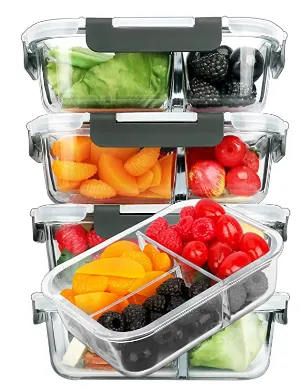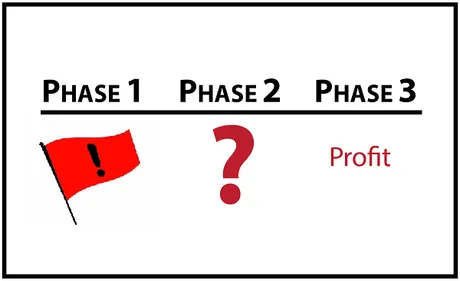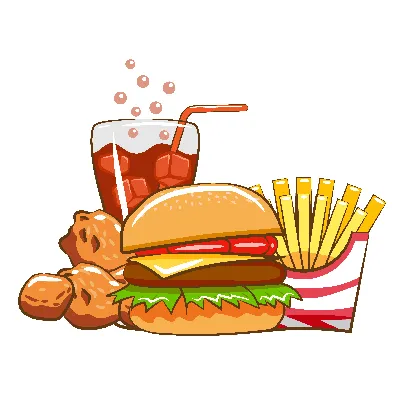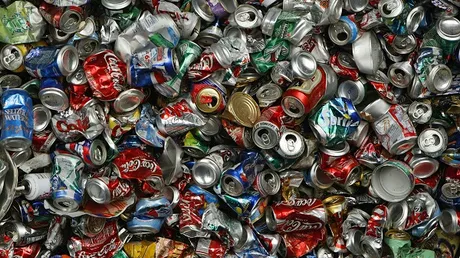
So I have a set of these transparent glass leftover containers with snap lids, and to be fair they have served me well. So well in fact that I'd like to keep the party going. However, tragedy has befallen my household. The lord giveth and the lord taketh away; lo and behold: my snap-lids are missing.
Where did they go?
I assume the same place that all lost things go, like half pairs of socks and the slowly dwindling number of forks, bowls, and glasses that clouds the entire world in a shadow. Clearly the Underpants Gnomes have been busy and diversifying their targets. Stop stealing my lids, Gnomes. It's very rude.
So no problem right?
Obviously the lids are the inexpensive part of this particular asset and the tempered glass is the hard bit to make. After all, plastic is cheap. Interesting how that works out eh? Sometimes the most critical piece of a set can be some cheap plastic bit that gets broken or lost and then we're left with something that sort of works, but doesn't. So I vowed to get some replacement lids.
How hard could it possibly be?
I should have realized the journey I was about to embark on by the warnings my girlfriend issued me: she said she could not find replacement lids. Ah you're just not looking hard enough, scrub, he said silently to himself. Yeah turns out I lose again, as the last time this happened I was trying to find a particular kind of bowl that is also nowhere to be found on the internet (even after finding the product company's name).
- Amazon was a bust, zero options there for replacements.
- I searched a few random other websites.
- Even ended up finding one or two types of lids that MIGHT work.
- No guarantees.

But there was a catch.
These replacement lids that I found... they weren't even cheaper than buying an entire new set! What the F... so after all that I find what I'm looking for and there's not even any point to buying them at all. My Scrapper's Guild inner monologue was enraged and screaming silent obscenities at the world around me. So if I lose a lid I just throw the glass bit away and buy an entire new set? Really?
And honestly the price of these things is no object.
It's really more the principal of the thing as it points to the greater problem of inefficiency and waste as society scales up bigger, pumps out more volume, and doesn't really have time to care about such 'insignificant trifles'. Corporations simply don't have a financial incentive to penny pinch as it would actually lose them money in the long run.
Like, what are they gonna do?
Create a special division that sells replacement parts, hire new employees for this division just so that all the sales that get made undercut their profit margins in the main division? LoL, no. Not gonna happen. Unfortunately, just because the world makes sense doesn't seem to make it any less frustrating.
Before the industrial revolution took place the quality of goods and services was of the utmost priority. Reputation (and later 'branding) was one of the most important distinctions among competitors. Didn't matter if you had to pay twice as much for something if it was going to last an entire lifetime, and some products did. These could be considered to a certain extent the analogue-days of capitalism.
And for some it was even the difference between life and death.
Like if you were a soldier/mercenary and you got weapons and armor from the best blacksmith in the world, that could make all the difference in whether the person lives or dies in certain situations. Interesting to think that even a relatively small flesh wound back in the day could lead to bacterial infection and a long and painful drawn out demise. Hell, Penicillin wasn't even discovered until 1928, and even then it was a completely accidental discovery, as many advances seem to be (akin to adaptation and evolution itself).
Of course today we've swung into the exact opposite direction.
Statistically most people simply look for the cheapest product and hope for the best. All of the corners get cut by design and the price we pay for goods in the long-run ends up increasing as we constantly throw away the old and replace with the new.
This business model is particularly egregious in the clothing industry.
Some of the T-shirts I buy these days start to unravel after a few rounds in the dryer. Meanwhile I had a shirt from 8th grade from the Monterey Bay Aquarium that I only recently had to retire 25 years later. I used to think old folks saying, "they don't make um like they used to," was so cliché and almost obnoxious, and yet here I am making the same argument in a roundabout way.

The entire fashion industry also ties into this disposable society in a big way. Yeah sure we know you have functional working clothing but it is so 2000-late. The idea that something is "out of style" very much helps producers sell more product. Just goes to show ya that when life is easy the things we focus our attention and worry on get more and more vapid and superficial. Of course the world would be quite drab without things like fashion and art, so certainly there is some balance required given such ideologies.
It makes sense for computing.
There are certain situations in which a disposable model actually makes quite a bit of sense. It's not possible to build a computer or a phone that will last a lifetime. No one is expected to keep their Windows XP system up and running. In fact doing so would be a huge security risk.
However once again we see companies like Apple taking the idea to absurd levels. Planned obsolesce forces people to buy a new phone because they purposefully start making the old phones slow with ridiculous software "updates". It seems that capitalism just doesn't know when to quit.

The hidden cost of cheap product
Low quality can have certain 'fees' hiding in the background. A good example of this is eating fast food. It's designed to taste good and be cheap (not so cheap anymore I guess). It's designed to have a certain addictive quality to it. It's absolutely not designed to be healthy. So we eat fast food and this can then be connected to some outrageous medical bill somewhere down the line, or even a chronic illness like diabetes.
If your job is to dig ditches you're not going to buy a cheap shovel.
Professionals tend to use high-quality product because the quality of the product they use has an affect on their own economic output. In other words: it's possible to lose money over the course of a career if one cheaps-out on certain critical assets. I suppose this is the cousin of the "work smart not hard" mantra.
When product is cheap we have less respect for it.
I often bring up the fact that simply micro-charging 10-cents for plastic bags seemed to heavily incentivize shoppers to bring their own bags to the grocery store. Of course others have tried to run the numbers on issues like this and conclude that reusable bags could actually waste more resources on the average compared to their disposable counterparts, so this is also a possibility to consider (although usually riddled with political bias).
The same has also been said about electric vehicles in terms of them not being nearly as environmentally sustainable as politics have led many constituents to believe. The point is: Sometimes not caring about these issues is exactly the correct course of action. And sometimes it's not.
Perhaps that's just the way it's meant to be.
After all isn't this whole crypto thing about 'abundance'? Sure abundance is great, but it can also be quite wasteful. Junk mail did not exist when the cost to send mail was higher. A certain loss of respect is acquired as product becomes cheaper and more abundant. We have to ask ourselves if these mindsets are a problem to be solved or simply how the world works. The psychology of it all is interesting to be sure.
For example, if food was exceedingly cheap and you could have a drone deliver you anything you wanted for pennies on the dollar... wouldn't you do it? At that point why would you ever eat leftovers or any kind of food that were more than a few days old? Just click and button and get new food and throw the old stuff away. Sure, abundance is great, but transitions this big also tend to create their own sustainability problems.

Conclusion
NO LIDS FOR YOU.
BUY A NEW SET!
The transition to abundance has thus far not been a graceful one, and by no means do we have any indication that these issues of low quality high volume product are going to resolve themselves any time soon. I think the real question we have to ask is if these problems are really problems at all, or simply temporary growing pains into a completely new paradigm shift.
Considering the abysmal state of the world... islands of plastic in the middle of the ocean... rampant air pollution... choose your poison... I have to conclude that abundance does seem to come with a certain underlying toxicity. We can clearly see that sustainability matters, but the proposed solutions to the problem are sub-par at best and totally ineffective at worst.
At the end of the day the underlying incentives must be changed so that our economic systems care about more than just money. That's supposed to be what government does, but it didn't take long for greed to corrupt that to the core in record time. Problems are easy to identify, but real solutions with limited blowback are quite the rarity.
Return from Disposable Society: Replacement Lids to edicted's Web3 Blog
